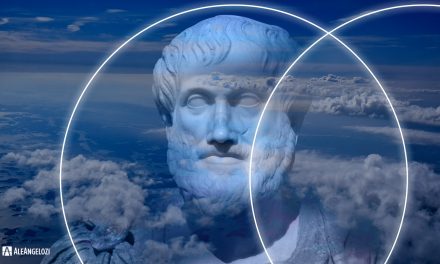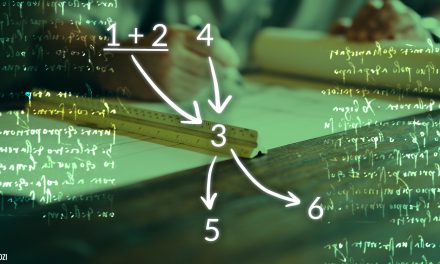When I began to study Logic, the distinction between deduction and induction was very outstanding to me, it may seem trivial to someone who is more experient in this subject and irrelevant to a layperson. However, this sensitivity is powerful enough and capable of bringing new insights into the certainties we have. And it doesn’t stop there.
By being able to differentiate the elements that form what we call argument: the proposition, the logical relation, and the truth value, I have noticed that my ability to analyze my own or other people’s arguments has acquired a much greater force.
The notion of the soundness of the arguments brought a very important maturity, made me more able to recognize charlatans and fallacious arguments grounded in dubious or purely speculative statements, but which deceptively pretend to offer conclusions about reality.
Now, I try not to delude myself with the certainty achieved by habit and the repetition of events, I try not to be impressed with high probabilities and logical certainty. After all, even this latter is only guaranteed in its formal context and does not guarantee that we will actually find what we anticipate in our models of understanding.
As a result of the study of logic, I also began to pay more attention to the development of communication, by perceiving the almost inherent relationship between Logic and Language.
I have developed and develop these positive aspects also in the context of studying other areas such as Mathematics, Science, Philosophy, Art, and Programming. However, in Logic these logical concepts and the enhancement of reasoning in a more comprehensive way are the central concern.
Live long and prosper!
Reference
Baronett, Stan. Lógica: uma introdução voltada para as ciências / Stan Baronett; tradução Anatólio Laschuk. – Porto Alegre: Bookman, 2009.





